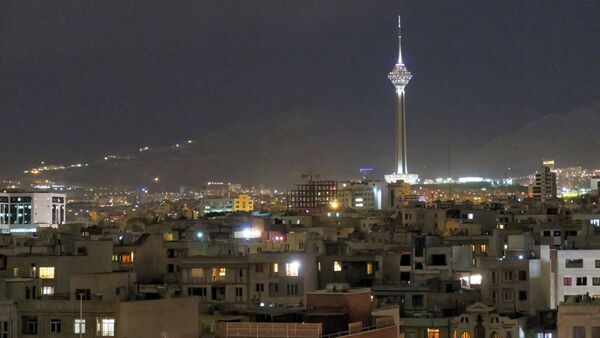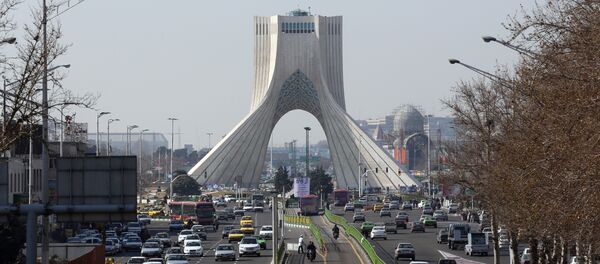Saudi Arabia "has made every effort to turn other members of the Gulf Cooperation Council against Iran, prohibiting them from establishing working relations with our country. This is why it is Saudi Arabia that does not want Iran to become friends with Bahrain, Kuwait, Oman, Qatar and the United Arab Emirates. Apparently, peace and stability in the region are not among goals that Riyadh wants to pursue," the analyst said.
Hanizadeh also mentioned United States President Donald Trump's recent visit to the oil kingdom, saying that his meeting with the Gulf monarchs was "symbolic."
"Trump offered these nations to create a so-called Arab NATO to contain Iran. Qatar is the only GCC member that has tried to refrain from engaging in conflicts and maintain working relations with Iran. Emir Tamim bin Hamad al-Thani has reaffirmed these with his recent statements. However, a strong response from Saudi Arabia, Bahrain and UAE has dominated the media. Clearly, Qatar has chosen a path different from other GCC nations. Its strategy is aimed at fostering closer ties with Iran in disregard for Saudi Arabia's threats," the analyst said.
Hanizadeh was referring to a story that caused a stir in the Middle East earlier this week.
Some have remained unconvinced. Hanizadeh suggested that the fact that al-Thani's remarks were first published and then removed points to internal divisions in the Gulf Cooperation Council.
"Qatar has ideological allies among Arab monarchs when it comes to this issue, specifically the rulers of Oman and Kuwait. These countries have carried out a foreign policy less dependent on Riyadh," he explained.
Never miss a story again — sign up to our Telegram channel and we'll keep you up to speed!



